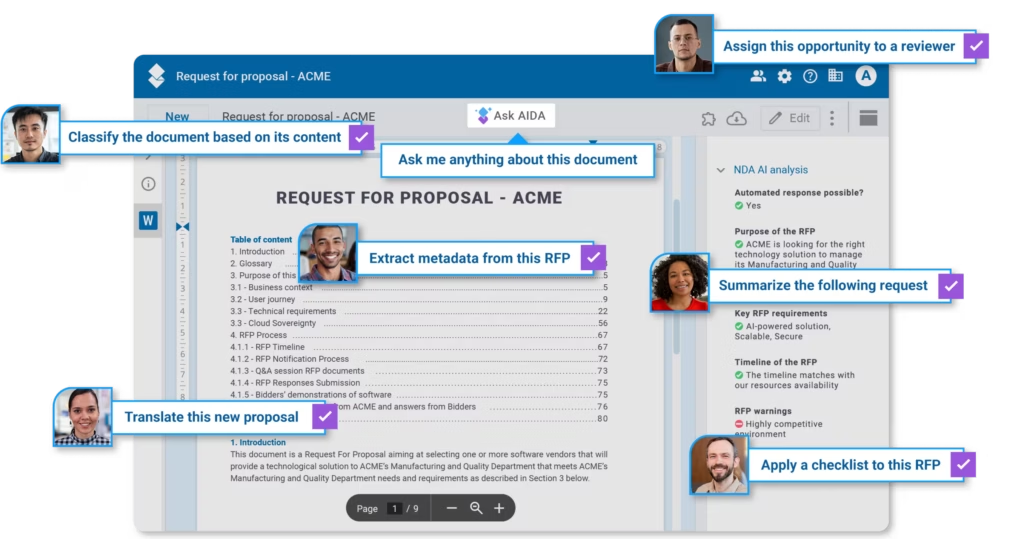One handwritten complaint can sometimes slow down an entire team. Processing it manually risks errors that can negatively impact client satisfaction. What if there were a faster and more reliable way for retailers to handle every complaint from form submission, through processing and communication with the client, to resolution?
In retail settings, handling handwritten customer complaints often creates a bottleneck: store staff spend hours scanning paper forms, and quality managers then analyze and classify them. Finally, someone has to draft a response ASAP (assuming that person isn’t on leave or out of the office).
This multi-step chain can slow down customer service. What’s worse, such manual handling is tedious and boring. As a result, it leaves considerable room for employee mistakes.
In this post, we explore how document management powered by AI-driven process automation can simplify complaint workflows, helping retail teams respond appropriately and close the loop faster—and more reliably.
Q: Why do handwritten customer complaints remain a challenge for retailers?
Even in highly digitized environments, many retailers still rely on paper-based complaint forms that are filled out in-store. Processing these handwritten documents requires scanning, reading, and manually entering key details—steps that can be time-consuming and prone to human error.
As a result, valuable feedback may be delayed or lost in the process, which can hurt customer satisfaction and operations’ efficiency.
Q: How can an AI-enabled Document Management System address these issues?
A Document Management System (DMS) with AI processing capabilities can bring automation and intelligence to what was once a manual workflow.
By recognizing handwritten text, extracting key data, and routing documents to the right people, these systems eliminate repetitive tasks and reduce turnaround times.
They also help ensure that no complaint is overlooked by standardizing review and escalation processes. Such a system can provide quality managers with automatically generated response letters that are aligned with company policies.
Read on to find out what this means for employees responsible for managing these processes.
Q: Are there clear benefits for quality managers and retail teams?
There are both operational and strategic upshots. First, quality managers can have a clearer picture of all complaints and their resolution status.
This allows teams to focus on analysis and customer care instead of administrative tasks.
As mentioned above, AI tools can summarize each complaint, categorize its type, and even suggest appropriate responses, making communication with clients faster and more aligned with your organization’s guidelines.
From a customer perspective, this shift can be felt directly at the service level.
Q: How could this translate into a better customer experience?
When response times improve and communications become more consistent, customers feel heard and valued. Retailers can also identify recurring issues more easily, resulting in improved products, services, and overall store experiences.
Over time, these efficiencies add up and contribute to brand trust and loyalty.
Finally, let’s reflect on how a concrete solution leverages these capabilities in real-world settings.
Q: What role can AODocs play in accelerating resolution while reducing manual error?
AODocs’ new-generation DMS applies reliable AI tools to automate complaint processing from start to finish. Scanned in-store forms are automatically imported, analyzed, and summarized.
Quality managers can review the AI’s findings, approve or adjust suggested responses, and send replies directly from within the system.
This approach helps retail organizations save hours of manual work, ensure policy-aligned communications, and track every complaint in a single, transparent interface.


